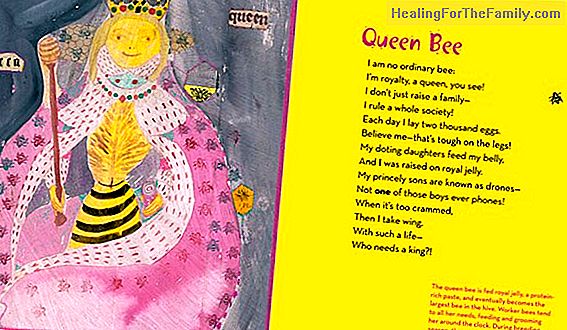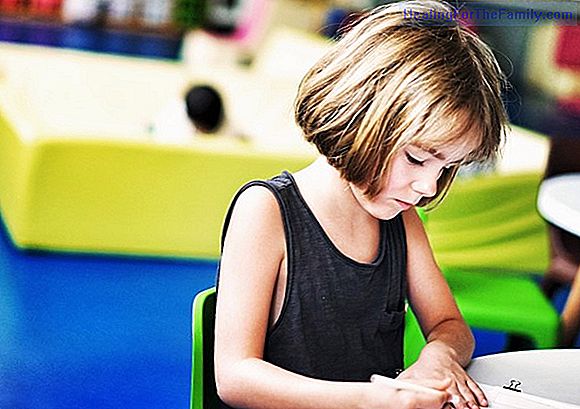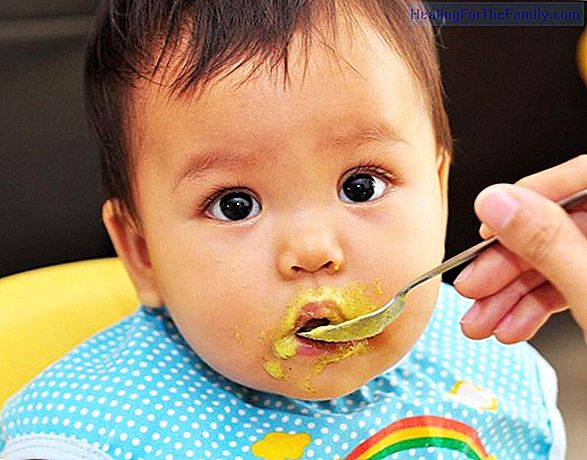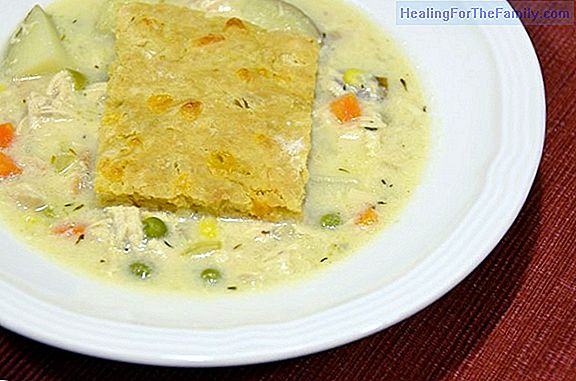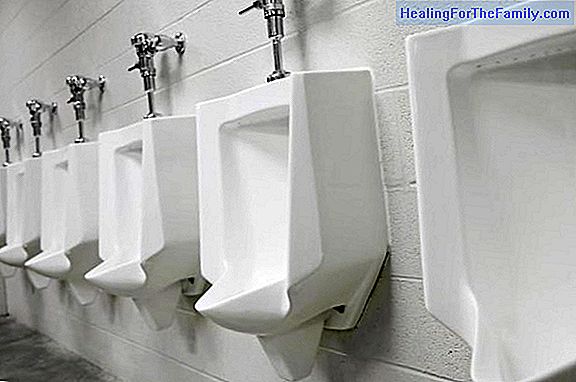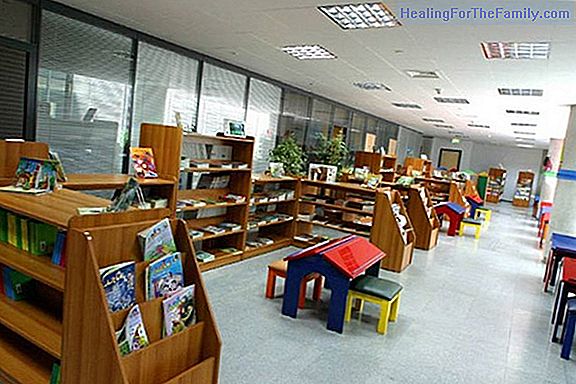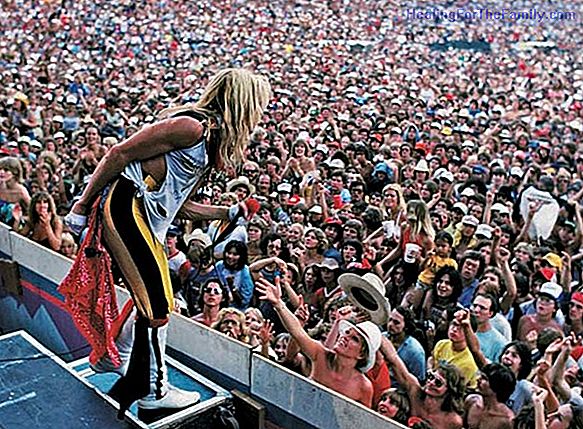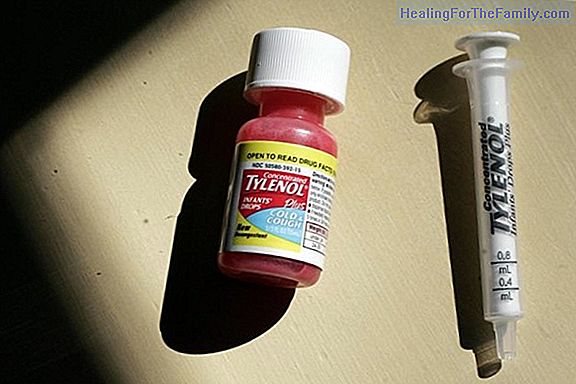8 Doubts about myopia of children
How do we know that a child is myopic? Is it hereditary? From how many diopters should a child be goggled? We answer all the doubts about the childhood myopia, thanks to two experts of Doctor Lens: Mónica Lovera (ophthalmologist) and Laura Batres (optometrist). Myopia in childhood 1. Can a child wit
How do we know that a child is myopic? Is it hereditary? From how many diopters should a child be goggled? We answer all the doubts about the childhood myopia, thanks to two experts of Doctor Lens: Mónica Lovera (ophthalmologist) and Laura Batres (optometrist).
Myopia in childhood
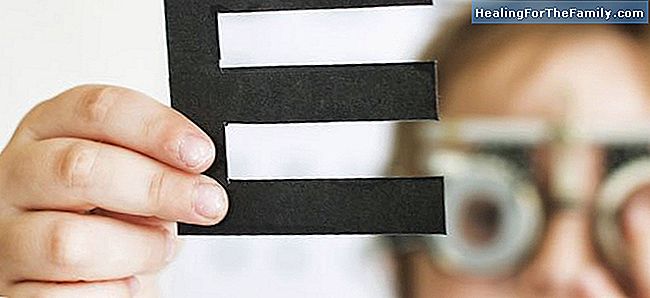
1. Can a child with myopia be born? Yes, a baby can be born with myopia, but it is strange. It occurs rarely, in the case of congenital myopia. The normal thing is that myopia develops later. It is detected especially in the school stage.
2. What is the most frequent period of occurrence of myopia? The critical period is around 7-8 years, already in primary school. The teachers detect that the child asks to be in the front rows of class, winks a lot ...
3. How is myopia detected in a baby? When a baby does not see well, he does not recognize the mother well. For example, he only hears the sounds. For babies there are very specific ophthalmological tests, different from the tests that make older children. They are tests that are based on colors, small and large shapes and black and white tones. The pupil is also dilated. There you can find the total graduation and discover other possible conditions.
4. Is myopia hereditary? Yes there is a hereditary component. It is estimated that if a father has myopia, the baby has a 20% of inheriting myopia. When the two parents are myopic, the percentage increases twice. If one of the parents has myopia, it is convenient to carry out a revision before the beginning of the school stage.
5. At what age can contact lenses be worn? As far as contact lenses are concerned, the issue of the materials used to make the lenses has advanced considerably, and the commitment of the parents is greater. At the time a parent sees that the child needs to correct nearsightedness and believes that the best option is to wear contact lenses, as long as there is a control of the ophthalmologist and the parents of the use of the lenses, there is no problem. After age 6, children can wear contact lenses without problems.
6. Is a contact lens or glasses better? Depends on our intention. In the face of progressive myopia, for example, you can make it progress less by using specific contact lenses. They are semi-rigid night lenses. In this case it is better than the use of glasses. It is also more advisable in the case of children who perform many sports. In the rest of the cases, it's just a matter of aesthetics.
7. From how many diopters should a child wear glasses or contact lenses? Depends on the visual acuity of the child. If the visual acuity is low, from a half diopter the child should wear glasses. But there are children with farsightedness or myopia of 0.50 with great visual acuity, they do not need glasses. It is also important that there is not much difference of diopters in both eyes, because if not one of the two eyes can become 'vague'.
8. Does the tablet generate myopia? The use of so many electronic devices has generated an 'epidiomology of myopia'. The eye is designed to see from afar, and we currently do many activities that force us to look more closely. Tablet yes or no? Everything depends on the time the child devotes to the tablet and the brightness of the screen. We must lower the brightness of the screen and avoid looking at it in the dark.

